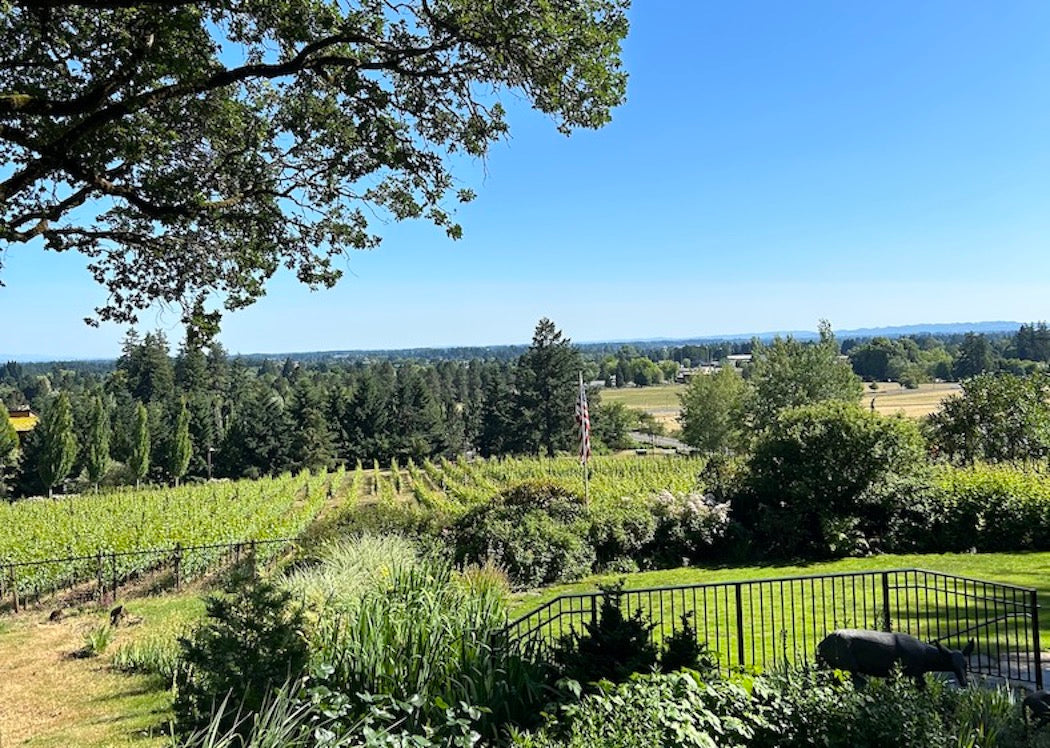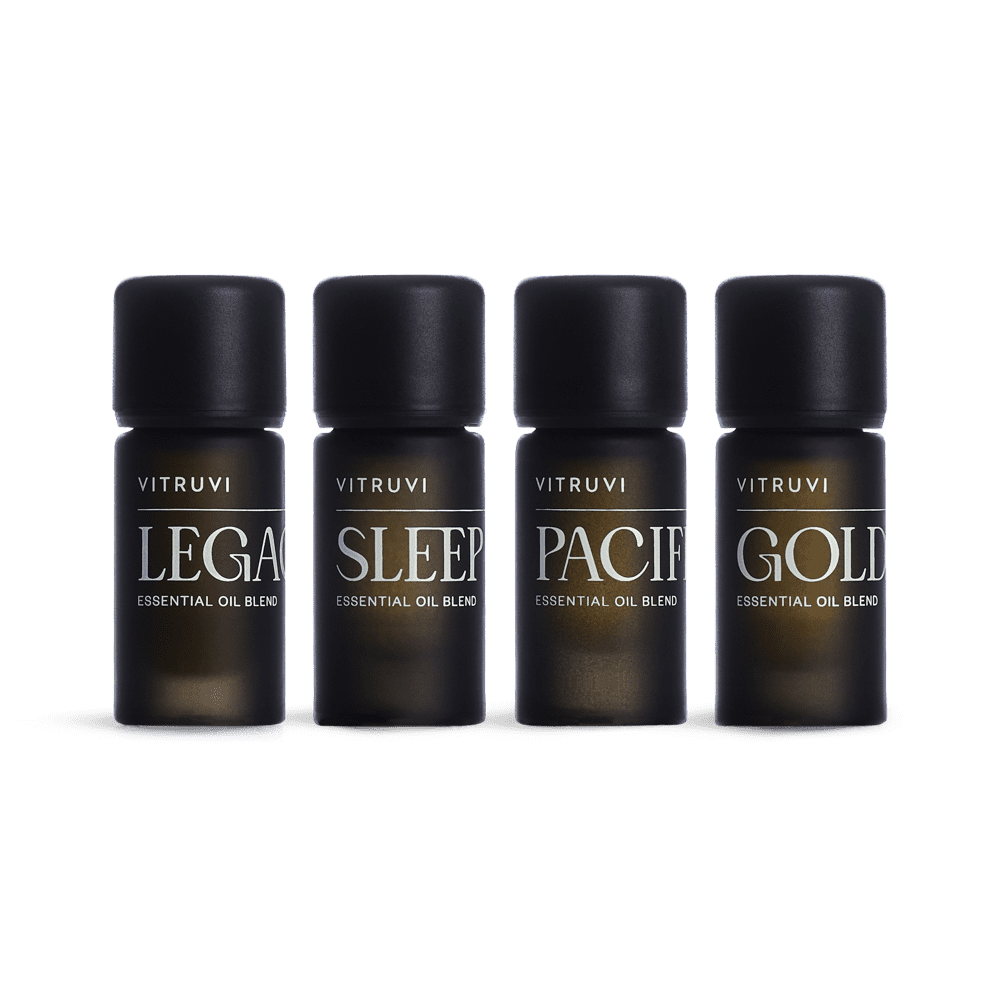Shopping at the grocery store can feel like a lesson in food marketing. There is plenty of jargon that gets placed on food items, but do these terms hold real value? It’s easy to think the words “natural” and “organic” are interchangeable, for example, but they aren’t.
We often have to educate ourselves to better understand the nuances, and to ensure we’re making the right choices for ourselves and our loved ones. Here are some sustainable, ethical, and healthy food buzzwords to know and understand.
Battery cages
Battery cages are tight quarters where four to eight hens live without the space to flap their wings or move around. These cramped cages don’t allow the birds to do much more than the basics of eating, drinking, excreting, and laying eggs. A new code was implemented in 2017 that forbids building new battery cages in Canada, with the goal of phasing them out entirely by 2036.
Biodynamic
Biodynamic is a style of farming that focuses on working with the cycles of nature. It doesn’t rely on the use of any type of chemicals to grow the food, which is believed to be better for both us and the planet.
Cage-free
“Cage-free” is often a label you’ll see when buying eggs. This can be a misleading or even meaningless term, because it’s possible the hens never go outside of their cage, or only leave it for a couple of hours a day. But because these enclosures are bigger than battery cages, the producers can still claim the chickens are “cage-free.”
Genetically engineered
Foods that have been altered by transferring or removing genes are said to be genetically engineered. Currently, the Canadian government doesn’t require companies to label foods that are genetically modified—making it more difficult for us to know if what we are eating has been altered or not. However, the rules do require that all food labeling must be honest without intentions to deceive or misconstrue.
Grass-fed and pasture-raised
A cow’s normal diet is grass, but the industrialization of the global food system wants everything faster and bigger—so mass-agriculture feedlots give their cows corn, along with antibiotics, to speed up the process for slaughter. In Canada, the government currently doesn’t regulate the terms “grass-fed,” “grass-only,” or “grass-fed and finished,” making it harder for us to know if the meat we are purchasing comes from cows that spent their entire lives, or only a portion, on pasture. But there are third-party organizations that serve as a guide to help you understand if the meat you buy is grass-fed.
Natural or all-natural
“Natural” or “all-natural” often graces the labels of a variety of food products to make us think that they are healthy, but these words are sometimes meaningless. The good news is that in Canada, at least, the Canadian Food Inspection Agency has specific criteria that a food must meet to be called “natural.” Any food that has minerals, vitamins, or other nutrients added—or a food that has gone through a process that alters it significantly—cannot use this label.
Non-GMO
Non-GMO (genetically-modified organisms) refers to any food that hasn’t had its genetic makeup altered in any way. Genetically-modified foods are not allowed to be sold in Canada unless Health Canada deems them safe for consumers. Over the last 20 years, 140 different genetically-modified food items have been considered fine for us to eat.
Organic
The term “organic” gets thrown around a lot, but to be considered organic and labeled as such, the food must be made up of a minimum of 95 percent organic ingredients. The word is actually regulated, and farmers must maintain good records in case they are audited by an inspector—which would require them to show the entire process, from seeds to the final product. The “organic” label must come from a recognized certification body that is approved by the Canadian Food Inspection Agency.
There are a lot of confusing healthy, ethical, and sustainable food buzzwords to navigate. With a little understanding, though, you can be more empowered while you shop.












